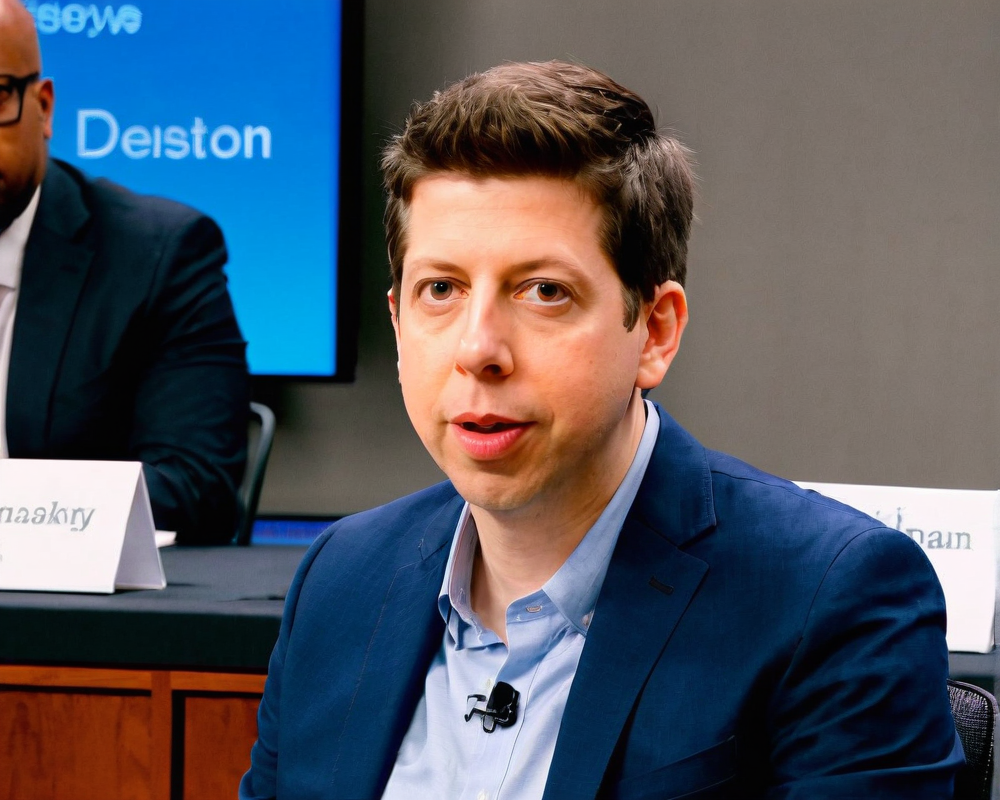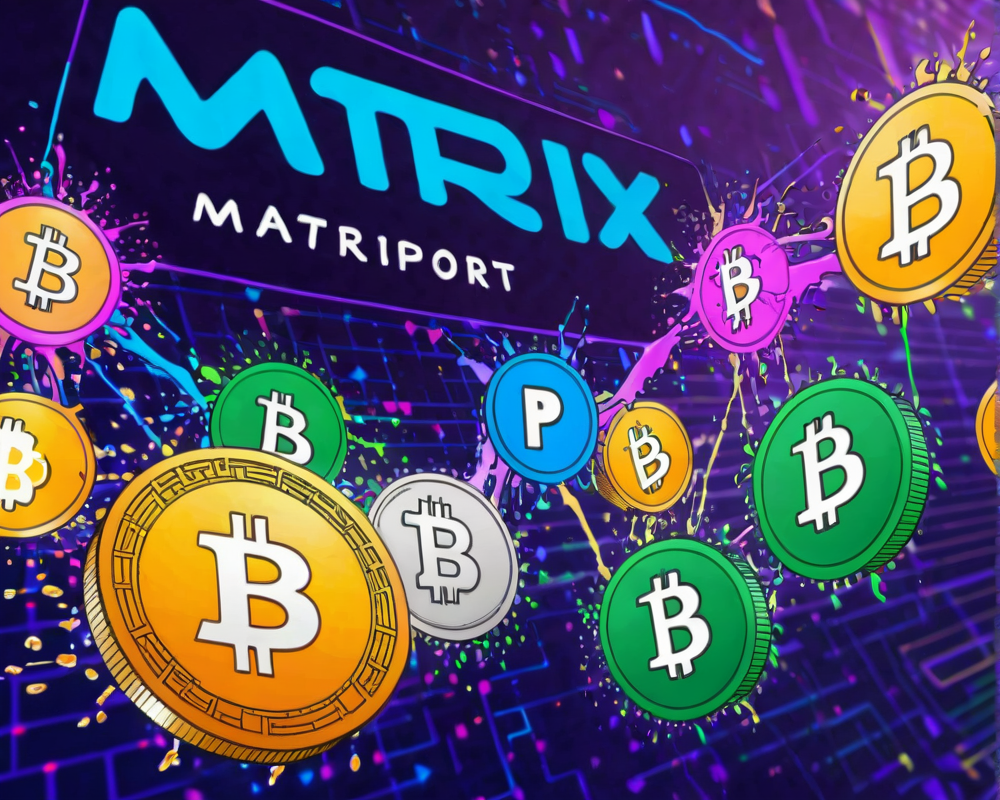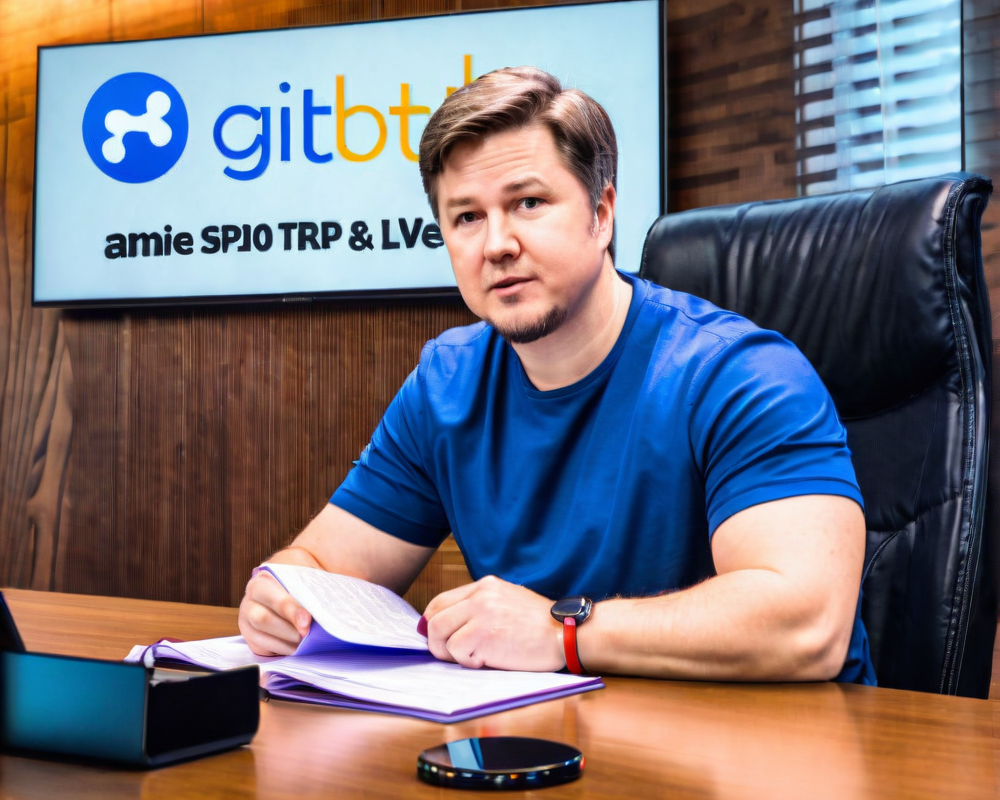Historic Senate Hearing on AI Regulation
In a session that some senators dubbed ‘historic’ (yes, it’s a big deal!), Sam Altman, the CEO of OpenAI, took center stage at the Senate Judiciary Privacy, Technology, & the Law Subcommittee. This was his debut before Congress, and trust me, it wasn’t just for show. Lawmakers had their magnifying glasses out, eager to dissect Altman’s insights on regulating generative AI technologies like ChatGPT.
Acknowledging the Elephant in the Room: AI’s Risks
Altman didn’t mince words. He admitted, ‘If this technology goes wrong, it can go quite wrong,’ acknowledging his ‘worst fears’ about the potential for significant harm to the world. It’s a bit like being handed a brand-new chainsaw without a manual and realizing it’s probably not the best tool for carving holiday decorations.
The Call for Federal Oversight
During the hearing, Altman advocated for a federal oversight agency to monitor AI like the big brother we never knew we wanted. He proposed that this agency should have the power to issue and revoke development licenses, ensuring that AI developers play nice. Moreover, he suggested that developers should be compensated when their intellectual property gets taught to these brainy algorithms. Talk about respecting your intellectual ‘kids’!
Consumer Protection on the Table
In a passionate plea for consumer rights, Altman agreed that victims of AI harm should have the right to sue. Imagine being able to take your AI toaster to court because it burned your toast and your pride!
AI Moratorium? Not So Much!
When confronted about the recent ‘AI pause’ letter calling for a six-month halt on deploying mightier AI models, Altman casually stated that OpenAI had already spent more than six months evaluating GPT-4. So, it’s like you already took your car shopping and now you want to keep it on the lot longer? Not happening! He confirmed that OpenAI doesn’t plan to release another model soon, so take a breath, folks.
The Diversity of Opinions Within the Panel
While Altman was ringing in the changes, Christina Montgomery, IBM’s Chief Privacy Officer, had a slightly different tune. She suggested that we might not need an entirely new agency to handle AI regulations—like using a will instead of a bulldozer when dealing with pesky regulations. Instead, she favored utilizing existing regulatory bodies to tailor approaches to specific uses. Talk about efficiency!
Understanding AI’s Complexity
Gary Marcus, a professor from NYU, offered a sobering warning: ‘We have built machines that are like bulls in a china shop: powerful, reckless, and difficult to control.’ Just picture a wild bull trampling over the fine china—that’s the AI landscape right now.
Pressing for a National Privacy Law
It became clear that the panel and Congress shared a dream: a national privacy law that resembles Europe’s measures. However, Altman wasn’t thrilled about the idea of consumers opting out of their data being used in AI training. It’s like opting out of the surprise cake at a birthday party—you might miss something sweet!
The Bigger Picture: Centralization & Control
Senator Corey Booker chimed in, raising concerns about the implications of centralization in the AI industry. What happens when the reins of public perception are held by only a few titans of tech? Altman mentioned his Worldcoin project, hinting that although OpenAI provides the platform, it’s up to the masses to innovate and expand its horizons. The democratization of technology is key, folks!




